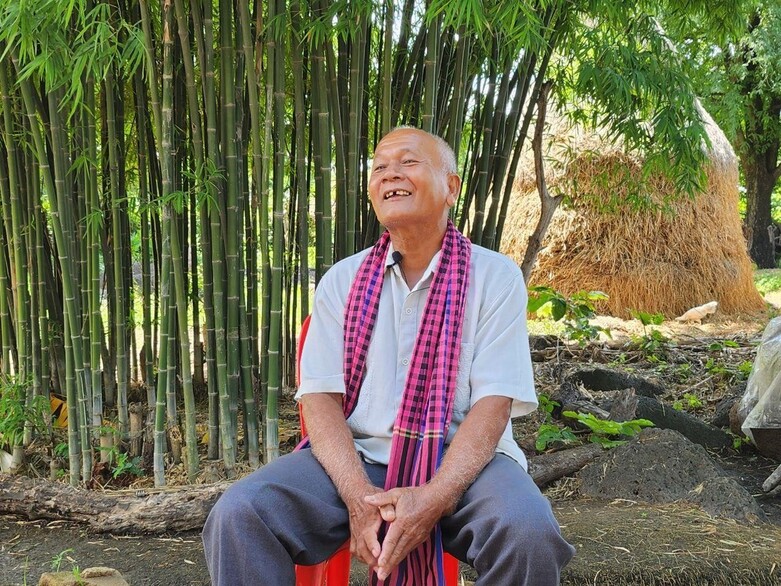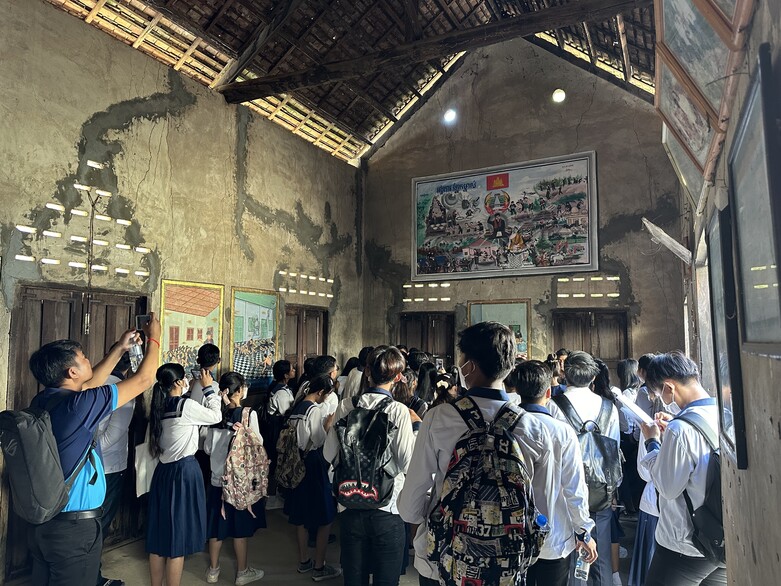Supporting justice and healing processes in Cambodia
Justice and reconciliation in the aftermath of the Khmer Rouge Tribunal
-
Client
German Federal Ministry for Economic Cooperation and Development (BMZ)
-
Country
-
Runtime
2024 to 2026
-
Products and expertise
Security, reconstruction and peace
Context
Even after four decades, Cambodia continues to grapple with the legacy of the Khmer Rouge regime, which decimated a quarter of its population through forced labour, starvation, torture, and murder between 1975 and 1979. Despite the Extraordinary Chambers in the Courts of Cambodia (ECCC), commonly known as the Khmer Rouge Tribunal, convicting three top leaders, lower-level perpetrators have escaped accountability. The rejection of the appeal of the former Khmer Rouge head of state, the last surviving leader of the regime, marks the end of the tribunal’s judicial work. Consequently, the Khmer Rouge Tribunal is currently in its residual phase, transitioning from the former hybrid court into a lasting national legacy institution, the Cambodian Institute for Peace and Remembrance.
 © GIZ
© GIZDespite these efforts, Cambodia faces challenges in achieving justice and reconciliation. The society grapples with integrating the legal and non-judicial insights gained from the tribunal into broader efforts for understanding the past and promoting peace. Additionally, marginalised groups often remain excluded from these processes, which hinders comprehensive national reconciliation and conflict transformation.
Objective
Cambodia successfully integrates the ECCC’s experiences into its national reconciliation processes, promoting healing for the victims and long term social reconciliation.
 © GIZ
© GIZApproach
The project empowers state and non-governmental partners to help future generations fully come to terms with their families’ and country's past. It focuses on the following activities to achieve its objectives:
- introducing non-violent conflict transformation methods
- fostering a culture of remembrance by integrating the Khmer Rouge history into both formal and informal education
- offering psychosocial support for survivors and their families
- promoting training for psychologists
- facilitating dialogue and media platforms about the Khmer Rouge era
- supporting peace education
- enhancing museum work, notably at the Tuol Sleng Genocide Museum
- reducing violence and discrimination in schools
- transforming the former ECCC hybrid court into a lasting legacy institution.
Last update: August 2024




